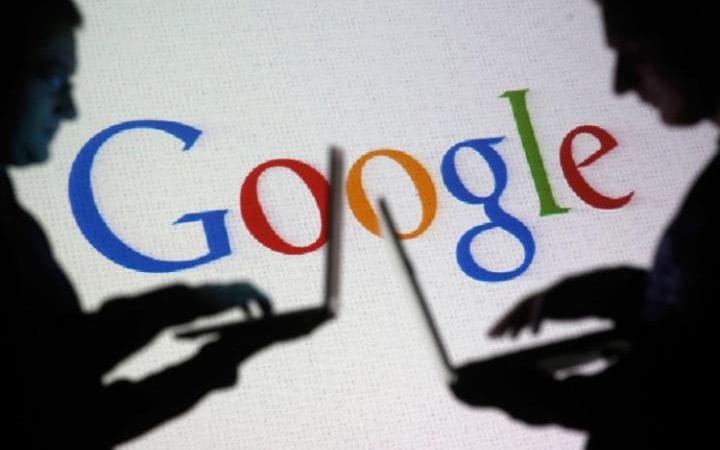Google expands fact-checking feature to Latin Ameria


Google News is launching its fact-checking feature in Argentina, Brazil, and Mexico, as part of the company’s ongoing efforts to counteract fake news. In a blog post published on Wednesday, Richard Gingras, VP of Google News, said that users in the three countries will now see links from fact-checking websites in Google News search results. The sources will be listed under the “fact check” tag in expanded story boxes on desktop searches and in the Google News and Weather app.
Google first launched its fact-check tag in the US last year, ahead of the presidential election, and the feature has since expanded to France and Germany, where national elections will be held this year. Both Google and Facebook have faced criticism for allowing fake news to spread on their platforms, and each company has publicly committed to addressing what they see as a complex issue.
“We have to take the fake news problem very, very seriously and think about what we can do there,” Philipp Schindler, Google’s chief business officer, said at the Code Media conference this week, adding: “Fake news means a lot of different things to different people, and it’s often very hard to draw the line, obviously, between fake news and bad journalism.”
Following the US election, Google said that fake news publishers will be cut off from its advertising network, while Facebook launched a fake news filter in the US, France, and Germany. Earlier this month, both Facebook and Google announced an initiative called CrossCheck, under which 20 French media companies and the First Draft Coalition will work together to debunk false news stories related to France’s upcoming presidential election.
Although Facebook and Google have acknowledged the importance of flagging false or misleading news articles to users, they are each wary of being seen as “arbiters of truth,” as Facebook vice president of partnerships Dan Rose said at the Code Media conference this week.
“We are making a very important point of not putting ourselves in a position of deciding what’s fake and not fake. I don’t think people want us to be the arbiters of truth,” Rose said, adding that even with Facebook’s fake news filters, “if people want to share stories that have been flagged with their friends, that’s ultimately their prerogative.”





